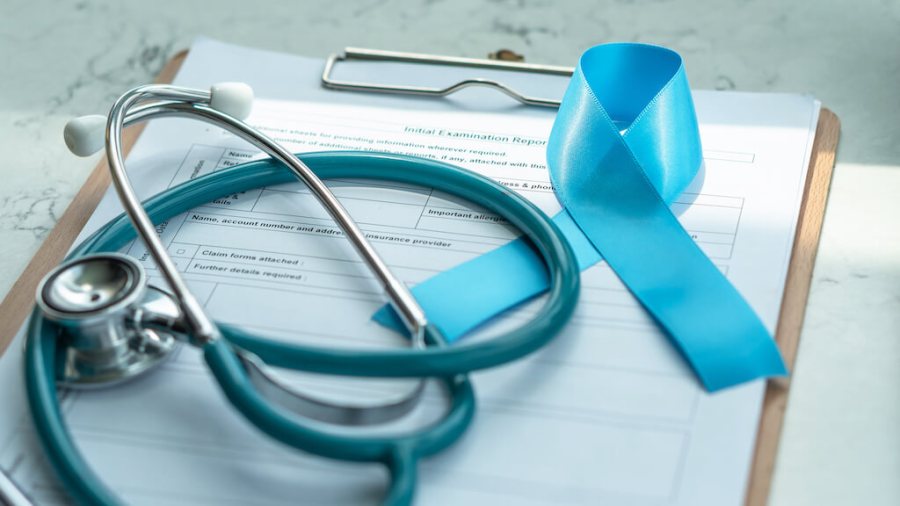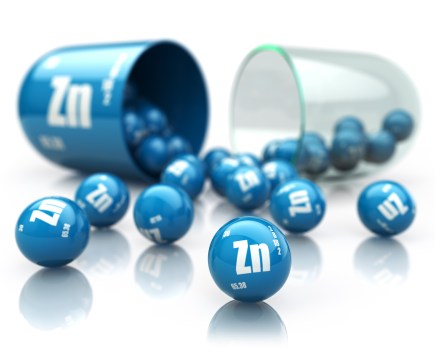As men, we all know the importance of getting our prostates checked. Prostate cancer awareness is at an all-time high, and early diagnosis is the best way to ensure successful recovery.
However, knowing we should get a prostate check, doesn’t mean every man will get a prostate check.
Embarrassment, fear and laziness are just of the reasons for putting it off, but the reality is that it’s a quick procedure that might just save your life.
Christian Brown is consultant urological surgeon at The Prostate Centre, part of HCA Healthcare UK. We asked him to explain when to get checked, what to expect at a prostate screening, and what happens next.
The early signs and symptoms of prostate cancer
Many men with early prostate cancer have no symptoms at all. Prostate cancer can be identified by screening with a PSA (Prostate Specific Antigen) blood test and further investigations, or picked up by chance when investigating other men’s health issues such as difficulty passing urine or sexual dysfunction.
Most men will get symptoms from their prostate as they get older. These symptoms should never be ignored and should always be checked out by a doctor. These symptoms are usually due to the age-related benign enlargement of the prostate (BPH – Benign Prostatic Hyperplasia) but sometimes prostate cancer can be the cause.
These symptoms include going to the toilet more often, getting up at night, a weak stream, feeling that the bladder doesn’t completely empty, or the need to go quickly or urgently.
Less common symptoms are blood in the urine or semen, erectile dysfunction and pain in the prostate or bones such as new severe back pain. Men should always speak to their GP or see a urologist if they experience any of these.
What to expect during prostate cancer screening
One in eight men in the UK will be diagnosed with prostate cancer at some point in their lifetime. Some men may go and see their GP or a urologist to get a prostate check-up, or have screening for prostate conditions such as benign enlargement (BPH) or cancer. This is particularly important in men who have a family history of prostate cancer, for example a brother or father with a diagnosis, or if they are in a higher risk group such as being black or have a family history of breast or ovarian cancer.
The doctor will ask questions about symptoms and risk factors and then perform a digital rectal examination or DRE. This is not painful and takes very little time. It will give the doctor information about the size of the prostate and if there are any nodules or concerns.
Many men feel embarrassed about talking about these issues and being examined, but there is no need. Doctors are very used to talking and seeing men with these issues and concerns. The doctor will also perform a PSA blood test. If the level is raised or if the prostate feels abnormal, an onward referral to a urologist will be made.
What happens next if you’ve received a high PSA result
If the PSA is high, it needs to be investigated. Most men won’t have prostate cancer, but still need to see a urologist to have a thorough evaluation. Initially the examination may be repeated and other investigation may be performed to investigate if there is a blockage from an enlarging prostate. This usually involves passing urine in to a machine to look at the flow.
Most men will have an MRI scan of the prostate. This technology allows urologists to look at the prostate in more details and see if there are any abnormal areas that require a biopsy. Some men who don’t have an initial biopsy may need to have follow up PSA blood test or another MRI 6-12 months later.
If the urologist thinks a biopsy is needed, this is arranged and can be performed under either local or general anaesthetic. It involves placing a thin needle into the prostate and taking tiny amount of prostate to be analysed under a microscope. The prostate is accessed through the perineum (flat skin between the base of the scrotum and anal opening). There are no cuts made and biopsies are performed routinely as day cases.
Results usually take a week to come back and if positive there would be a discussion about treatment with a urologist and oncologist. Treatments for early prostate cancer are very successful, with high cure rates.







